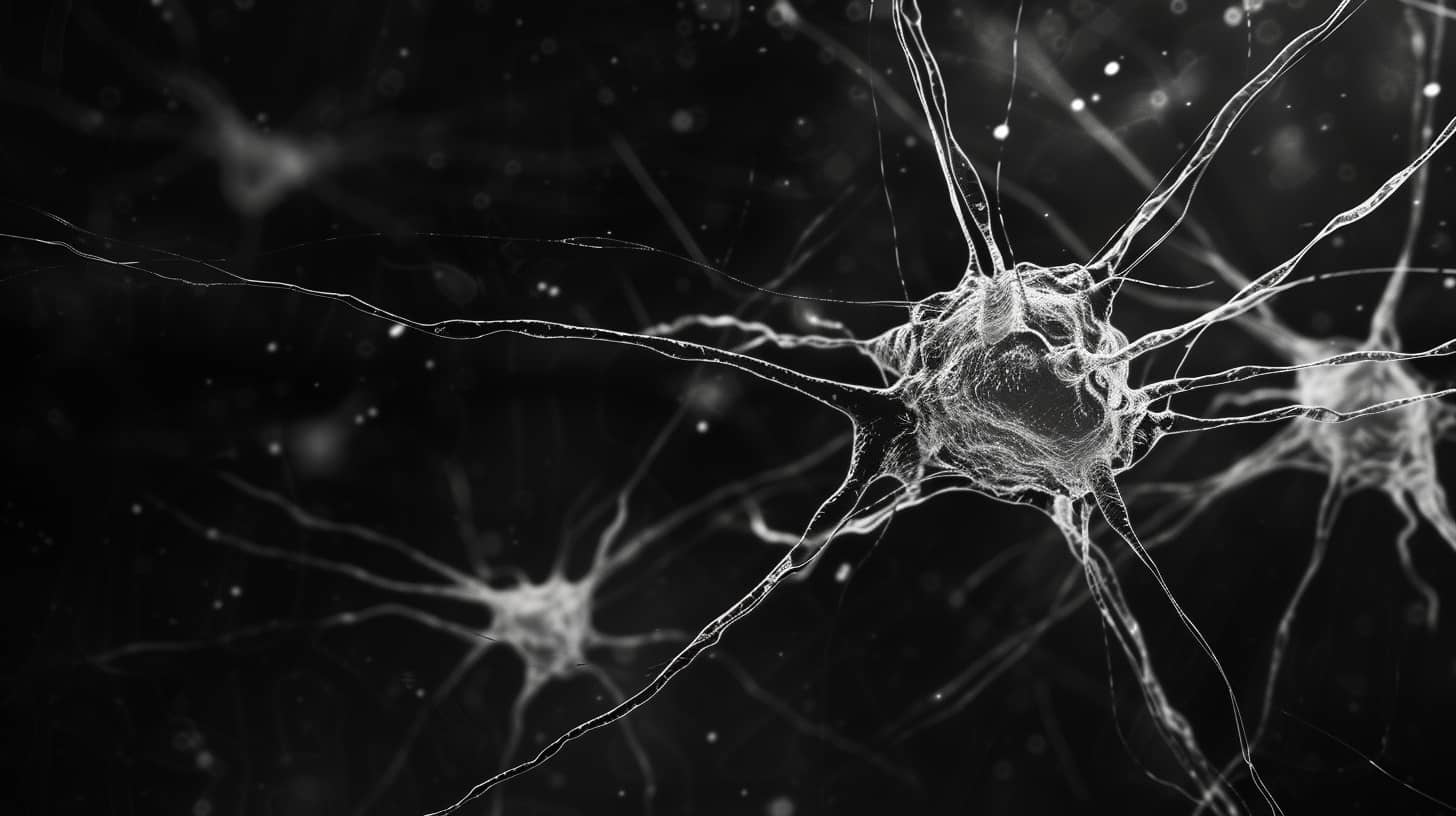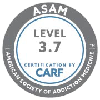In simple terms, alcohol addiction, also known as alcoholism can be characterized by this: an uncontrollable urge to consume alcohol despite adverse consequences. It’s like being in a toxic relationship with alcohol where, no matter how much harm it causes, the thought of breaking up seems unfathomable.
This isn’t about enjoying a glass of wine with dinner or toasting at a wedding; it’s when alcohol becomes the center of one’s universe. And it leaves chaos in its wake.
Alcohol Addiction as a Disease
Gone are the days when alcoholism was viewed merely as a failure of character. Or even a lack of willpower. Science has shown us that alcohol addiction is indeed a disease of the brain.
Consuming alcohol in large amounts over time can hijack the brain’s wiring, particularly the pathways related to pleasure, judgment, and decision-making. It’s as if alcohol reprograms the brain to prioritize drinking over all else, much like a virus taking over a computer’s operating system.
The difficulty is that this disease—one that physically changes the brain so that it requires medical (or psychological) treatment to become healthy again—was brought on by behaviors. Namely: drinking. Probably a lot of drinking.
Alcohol addiction isn’t the only condition where behavior significantly impacts brain health. Type 2 diabetes is brought on by behaviors, as well as many forms of heart disease, certain cancers and hypertension. Moreover, mental health conditions like depression and anxiety often dance in lockstep with substance use disorders, creating a complex web of brain-behavior interactions that require holistic treatment approaches.
What Happens to An Alcoholic Brain?
Imagine the brain as a bustling city, with neurotransmitters as the vehicles that transport messages between various districts (neurons). Alcohol, in essence, throws this city into disarray. Initially, it boosts the effects of the neurotransmitter GABA, the brain’s own downer, which leads to the relaxation many feel with that first sip of wine. While that happens, it also dampens glutamate—slowing down brain function and altering perception and movement. Getting sloppy is the colloquial term.
Over time, with persistent alcohol use, the brain tries to correct the changes. It dials down its sensitivity to GABA and ramps up the glutamate system. This means two things: tolerance (requiring more alcohol to achieve the same effects) and your brain becomes less capable of relaxation and pleasure without alcohol.
This is where the disease of alcohol addiction starts to solidify its grip: the brain’s reward system is hijacked, and drinking becomes the primary source of pleasure. Psychologically it might become the only source of pleasure.
This reprogramming makes overcoming addiction about much more than just a desire to quit drinking. The brain is essentially rewired to need alcohol for pleasure and relaxation, creating a cycle that’s hard to break without intervention.

Why Clinical Medical or Psychological Help Is Essential
Given these deep neurological changes, overcoming alcoholism requires more than just a strong will. A person with an alcohol addiction needs a comprehensive clinical intervention.
Detoxification, or detox, is the first step in this process, where the body is allowed to rid itself of alcohol’s toxins. This can be a dangerous phase. Withdrawal symptoms can range from uncomfortable (sweating, shaking, anxiety) to life-threatening (seizures, delirium tremens). Medical supervision during detox ensures safety and can provide medications to ease withdrawal symptoms.
Following detox, long-term recovery involves therapies that address both the psychological aspects of addiction and the neurobiological alterations. Cognitive-behavioral therapy, for example, helps in rewiring thought patterns and behaviors associated with alcohol use, while medications can assist in balancing the brain’s chemistry and reducing cravings.
Recovery from alcoholism is essentially a process of rewiring the brain, teaching it to find joy and reward in activities other than drinking. This journey is deeply personal and can involve a combination of medication, therapy, lifestyle changes, and support from loved ones and recovery communities. It’s about rebuilding the city in the brain, establishing new routes, and creating a healthier, more sustainable way of living.
Treatment for Alcohol Addiction in Costa Mesa
Acknowledging alcohol addiction as a brain disease doesn’t mean your fate is sealed. In fact, it opens the door to a range of treatment options grounded in understanding the brain’s plasticity—its ability to change and adapt. Treatment modalities may include medication to manage withdrawal symptoms and cravings, therapy to address the psychological aspects of addiction, and support groups to foster a sense of community and shared experience. The key is to make the choice to reach out.
If you or a loved one are caught in the relentless grip of alcohol addiction, call us today. At Saddleback Recovery in Orange County California, we understand the profound journey from dependence to freedom. Our dedicated team offers a compassionate, holistic approach to detoxification and recovery, blending medical expertise with psychological support to address both the neurological and emotional facets of addiction.
It’s more than just treatment; it’s a pathway to rediscovering joy beyond alcohol.









